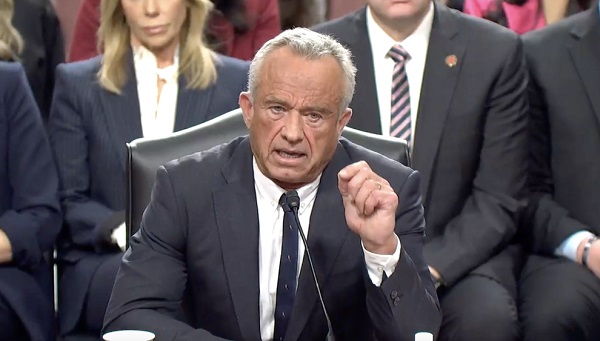By Nadeem Esmail
After the Smith government recently announced its shift to a new approach for funding hospitals, known as “activity-based funding” (ABF), defenders of the status quo in Alberta were quick to argue ABF will not improve health care in the province. Their claims are simply incorrect. In reality, based on the experiences of other better-performing universal health-care systems, ABF will help reduce wait times for Alberta patients and provide better value-for-money for taxpayers.
First, it’s important to understand Alberta is not breaking new ground with this approach. Other developed countries shifted to the ABF model starting in the early 1990s.
Indeed, after years of paying their hospitals a lump-sum annual budget for surgical care (like Alberta currently), other countries with universal health care recognized this form of payment encouraged hospitals to deliver fewer services by turning each patient into a cost to be minimized. The shift to ABF, which compensates hospitals for the actual services they provide, flips the script—hospitals in these countries now see patients as a source of revenue.
In fact, in many universal health-care countries, these reforms began so long ago that some are now on their second or even third generation of ABF, incorporating further innovations to encourage an even greater focus on quality.
For example, in Sweden in the early 1990s, counties that embraced ABF enjoyed a potential cost savings of 13 per cent over non-reforming counties that stuck with budgets. In Stockholm, one study measured an 11 per cent increase in hospital activity overall alongside a 1 per cent decrease in costs following the introduction of ABF. Moreover, according to the study, ABF did not reduce access for older patients or patients with more complex conditions. In England, the shift to ABF in the early to mid-2000s helped increase hospital activity and reduce the cost of care per patient, also without negatively affecting quality of care.
Multi-national studies on the shift to ABF have repeatedly shown increases in the volume of care provided, reduced costs per admission, and (perhaps most importantly for Albertans) shorter wait times. Studies have also shown ABF may lead to improved quality and access to advanced medical technology for patients.
Clearly, the naysayers who claim that ABF is some sort of new or untested reform, or that Albertans are heading down an unknown path with unmanageable and unexpected risks, are at the very least uninformed.
And what of those theoretical drawbacks?
Some critics claim that ABF may encourage faster discharges of patients to reduce costs. But they fail to note this theoretical drawback also exists under the current system where discharging higher-cost patients earlier can reduce the drain on hospital budgets. And crucially, other countries have implemented policies to prevent these types of theoretical drawbacks under ABF, which can inform Alberta’s approach from the start.
Critics also argue that competition between private clinics, or even between clinics and hospitals, is somehow a bad thing. But all of the developed world’s top performing universal health-care systems, with the best outcomes and shortest wait times, include a blend of both public and private care. No one has done it with the naysayers’ fixation on government provision.
And finally, some critics claim that, under ABF, private clinics will simply focus on less-complex procedures for less-complex patients to achieve greater profit, leaving public hospitals to perform more complex and thus costly surgeries. But in fact, private clinics alleviate pressure on the public system, allowing hospitals to dedicate their sophisticated resources to complex cases. To be sure, the government must ensure that complex procedures—no matter where they are performed—must always receive appropriate levels of funding and similarly that less-complex procedures are also appropriately funded. But again, the vast and lengthy experience with ABF in other universal health-care countries can help inform Alberta’s approach, which could then serve as an example for other provinces.
Alberta’s health-care system simply does not deliver for patients, with its painfully long wait times and poor access to physicians and services—despite its massive price tag. With its planned shift to activity-based funding, the province has embarked on a path to better health care, despite any false claims from the naysayers. Now it’s crucial for the Smith government to learn from the experiences of others and get this critical reform right.

Nadeem Esmail
Senior Fellow, Fraser Institute
Related

















